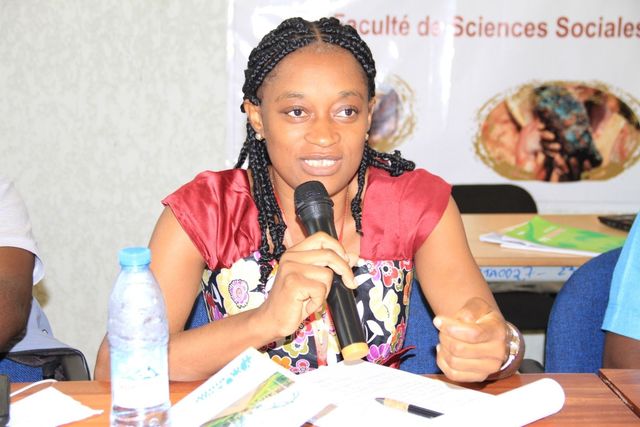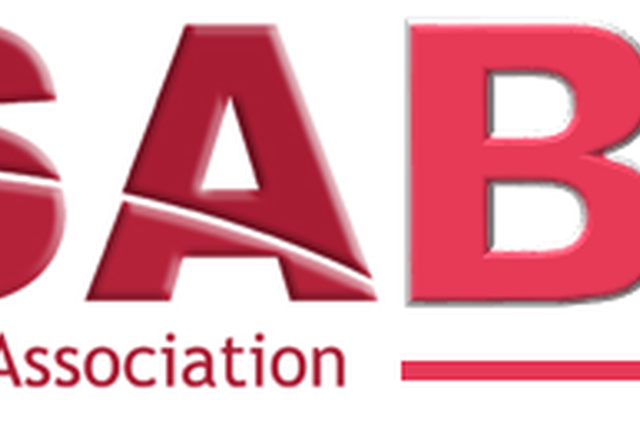Updates from the UN Intergovernmental Negotiating Committee (INC) on the Framework Convention on International Tax Cooperation
The historic negotiations on the United Nations Framework Convention on International Tax Cooperation continued with substantive debates across two sessions in August 2025, marking critical steps in shaping a fairer and more inclusive global tax architecture.
Day 4 & 5 – Closing the First Session
On August 7, no plenary sessions were held. The following day, August 8, discussions centred on the taxation of high-net-worth individuals (HNWIs) and mutual administrative assistance in tax collection.
Member States acknowledged significant barriers to taxing wealthy individuals, particularly in developing countries. Nigeria noted the political influence of wealthy elites, while Cameroon stressed the need for stronger exchange of information frameworks since key data often lies abroad. Côte d’Ivoire highlighted tax havens, hybrid arrangements, and aggressive tax competition as major obstacles. Kenya emphasised challenges in tracking beneficial ownership hidden through complex trust structures, while Zambia pointed to gaps in inter-agency information sharing at the domestic level.
On mutual administrative assistance, Zambia, Ghana, and Lesotho observed that many tax treaties lack such provisions or include reservations that weaken effectiveness. Nigeria added that domestic enabling frameworks remain inadequate. Kenya and Ghana supported eliminating treaty reservations to enhance cooperation. The Chair closed the first substantive session after these exchanges.
Day 6 – Opening the Second Session
The second substantive session of the INC began on August 11, with discussions on Protocol 1 (taxation of cross-border services in the digital economy) and Protocol 2 (dispute resolution mechanisms).
Ghana, speaking for the African Group, emphasised that solutions must avoid reinforcing existing imbalances and instead promote equity, tax sovereignty, and future-proof rules covering a wide range of digital services. They also pushed for a balanced dispute resolution framework, rejecting mandatory arbitration.
Nigeria, Tanzania, Côte d’Ivoire, and Zambia echoed these calls, stressing that global tax rules must reflect new business models. They advocated for gross-basis withholding taxes, simplicity in administration, and stronger safeguards for developing countries. Mauritius added that fairness and respect for state sovereignty must guide the protocols.
Informal Workstream Discussions
During informal sessions, Kenya and Algeria argued for broad coverage of services and taxation aligned with where value is created, calling existing international tax rules outdated. Senegal underscored the need to clarify definitions of digital services to avoid technical ambiguities.
The African Tax Administration Forum (ATAF) emphasised that intra-group services play a central role in illicit financial flows (IFFs) and called for income taxation, not indirect levies, to prevent burdens being shifted to consumers. ATAF also supported gross-basis taxation but acknowledged concerns about potential over-taxation, recommending flexible rates as a compromise.
Several African countries, including Ghana, Zambia, Kenya, and Lesotho, reiterated their preference for gross-basis taxation as simpler and fairer for developing economies. They opposed complex transfer pricing systems that strain administrative capacities. Nigeria added that the key issue should be finding an effective tax rate rather than choosing strictly between gross or net approaches.
Looking Ahead
These discussions highlighted both progress and persistent tensions—particularly around taxation of digital services, dispute resolution, and balancing the interests of developed and developing countries. The strong, coordinated voice of African states underscored their shared determination to shape global tax rules that safeguard revenue mobilisation and development priorities.


